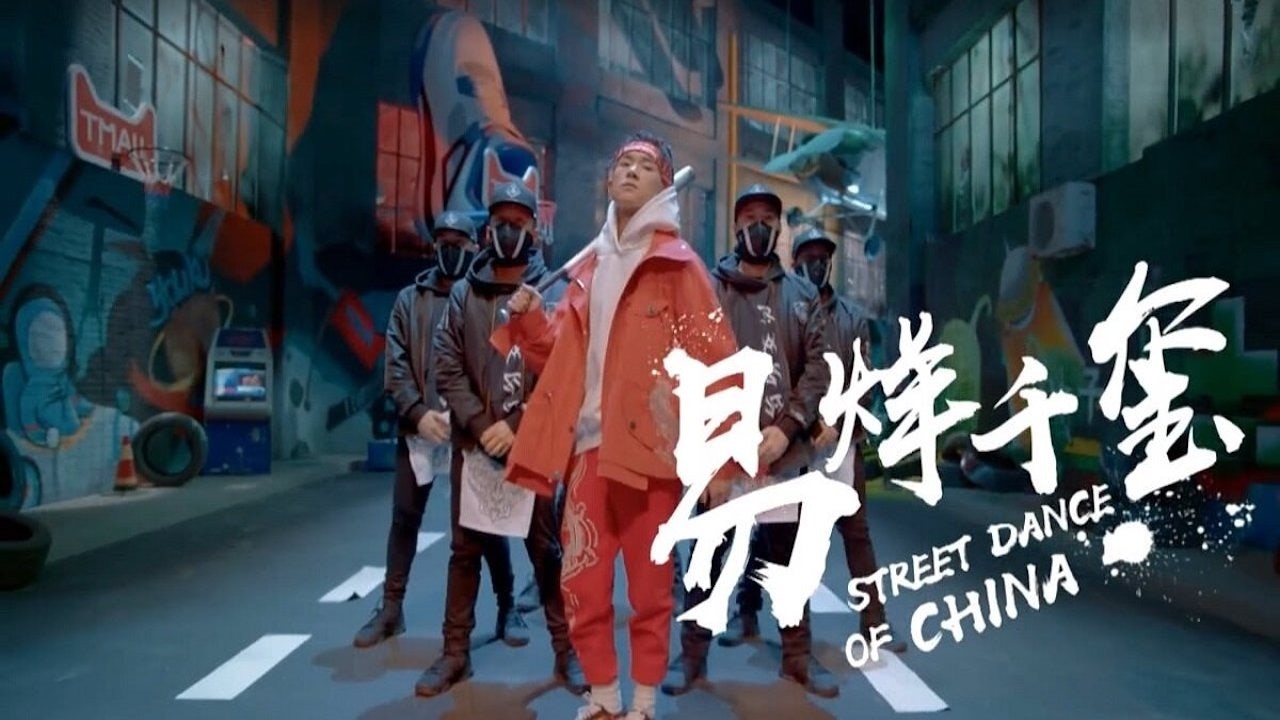This post originally appeared on Content Commerce Insider, our sister publication on branded entertainment.
In their efforts to reach new consumers, global luxury brands have shown fairly extensive willingness to experiment with their marketing in China. From partnering with major e-commerce platforms such as
Tmall#
and
JD.com#
, building extensive social media presences on
WeChat#
,
Weibo#
, and, now,
Douyin#
, to signing up the hottest young celebrities and even making forays into livestreaming, China has transformed how luxury brands position themselves.
But reality television, one of the most popular routes for raising brand awareness among a wide audience, had remained largely untapped by the luxury sector until recently. With its participation in the third season of
Youku#
’s critically acclaimed competition show “Street Dance of China” (这!就是街舞),
Burberry#
has reportedly become the first luxury brand to partner with a domestic reality show.
“Street Dance” is a cultural powerhouse that appeals strongly to Gen Z and millennial viewers, integrating the worlds of hip-hop, pop, and fashion in one package. This new season of the show features an all-new cast of celebrity mentors, with brand favorites singer Lay Zhang, rapper Jackson Wang and Wang Yibo among them, with each presiding over a distinct “street” on the set that links popular trends with Chinese cultural elements.
Burberry’s involvement in the show helps link the brand to these trends and the young generation of fans. Burberry and “Street Dance” launched a co-branded box with a teddy bear and “Street Dance” souvenirs that was offered as a free gift with the purchase of Burberry products. A livestream featuring contestants from the show on Tmall Live also gave fans an opportunity to purchase exclusive product collaborations such as a logo-printed fanny pack inspired by 1990s street style.
Other brands seeing a boost from “Street Dance” and its starts include
Nike#
, which obtained a prominent placement thanks to sneakerhead Wang Yibo’s gift of a pair of Nike SBs to each member of his team, and
StockX#
, the online fashion resale marketplace, which recently partnered with Jackson Wang for an “initial product offering” of the singer’s Team Wang brand, which he has been wearing on the show.
Luxury brands should also be in the spotlight again on the upcoming second season of
iQiyi#
’s streetwear-focused trend show “Fourtry” (潮流合伙人). In the first season last year, pieces from brands such as
Gucci#
,
Gentle Monster#
and
Fendi#
were in the show’s celebrity-run boutique in Tokyo, and were made available for purchase via e-commerce platform
Aomygod#
, which was one of the series’ sponsors.
